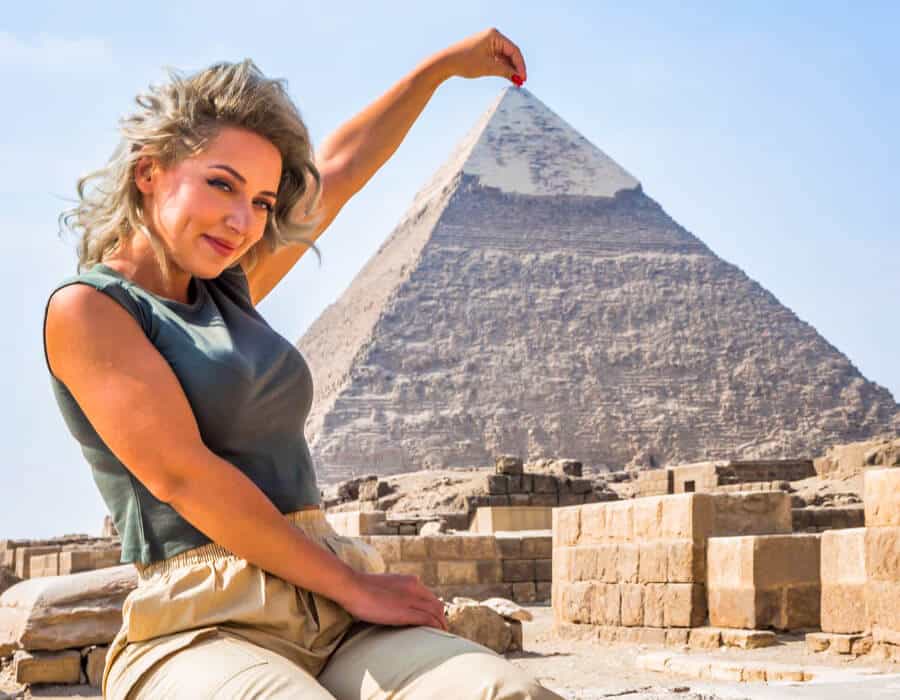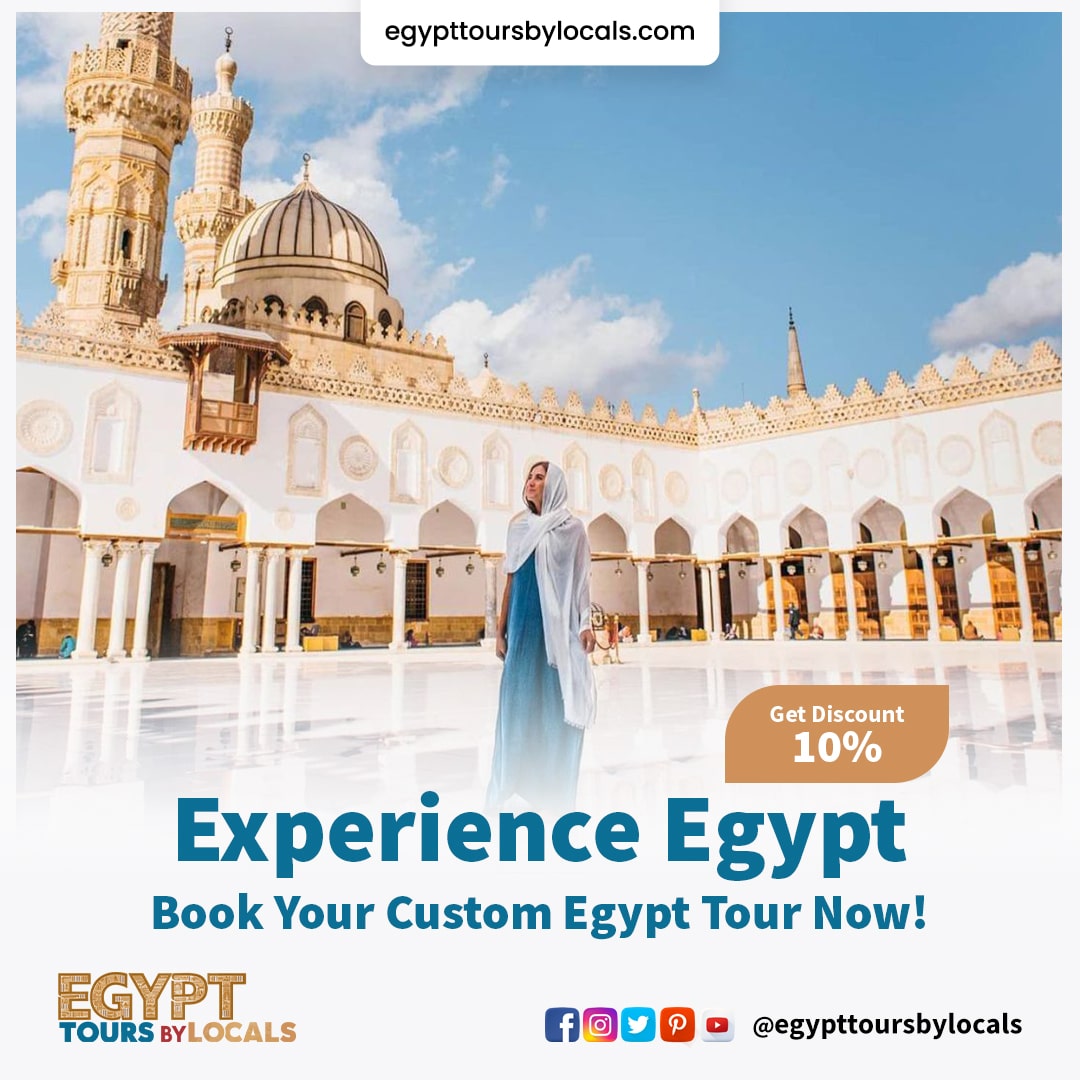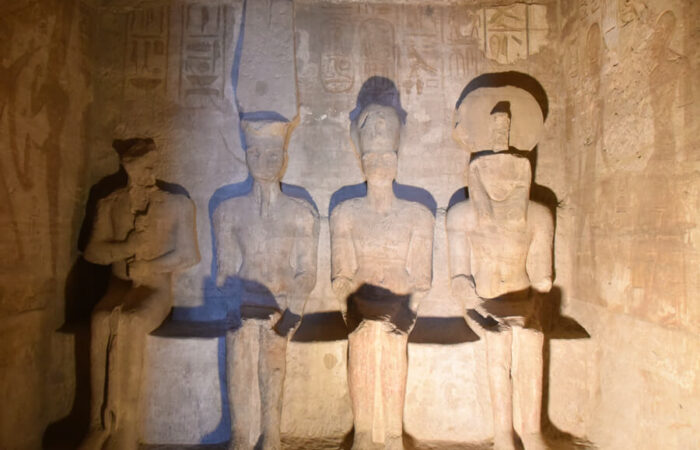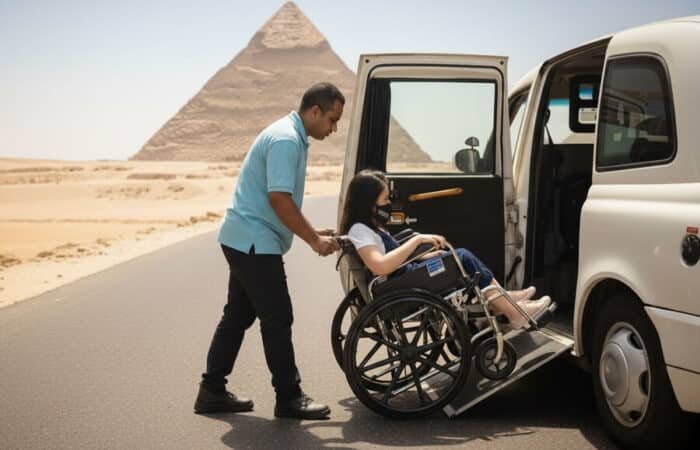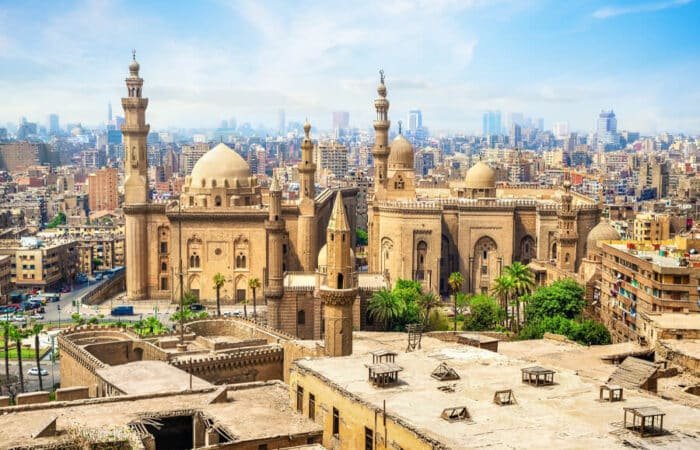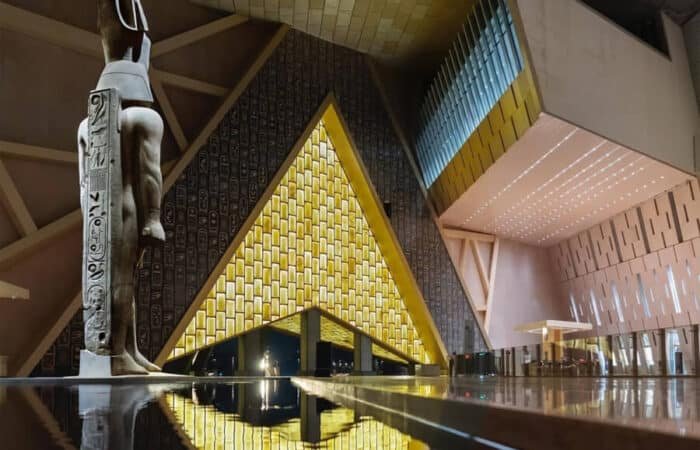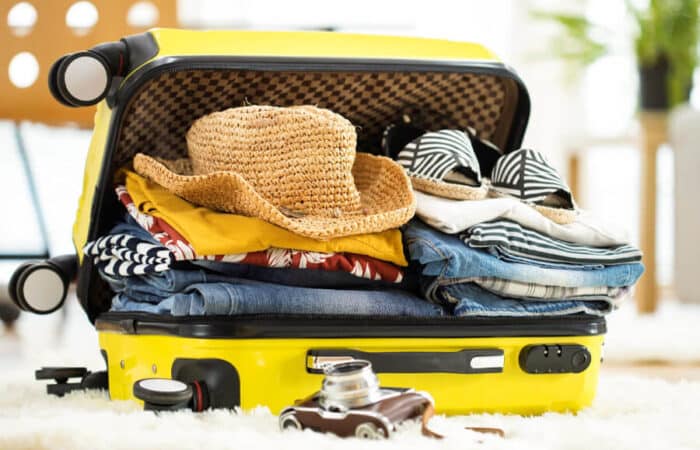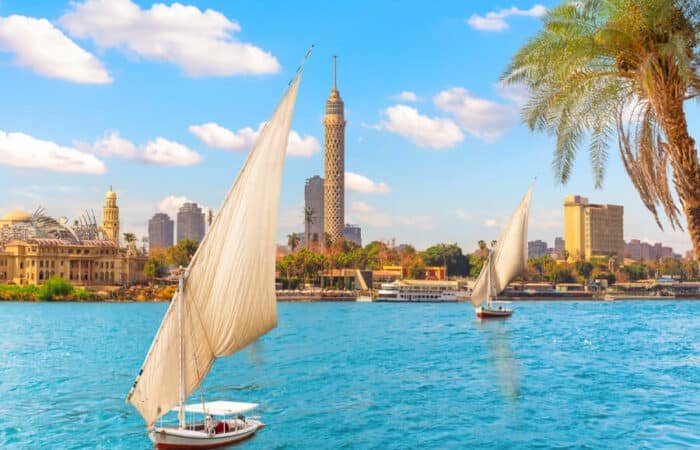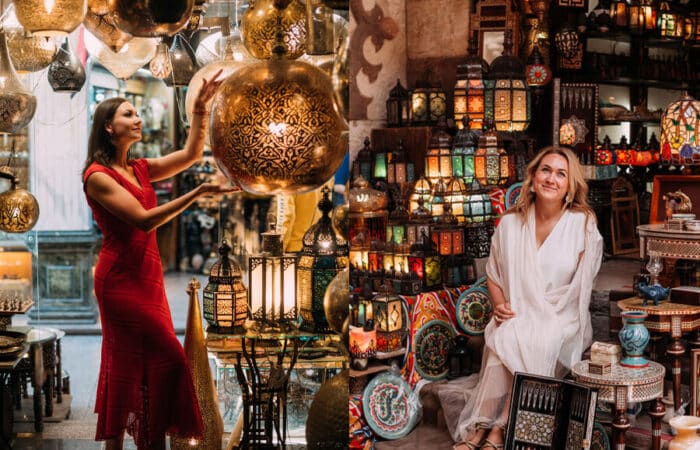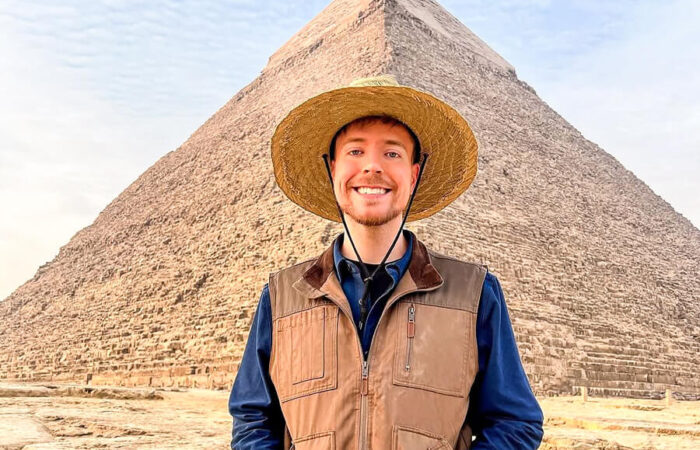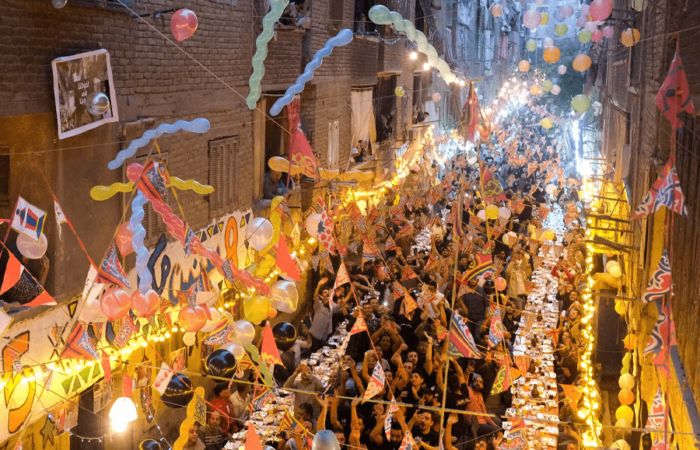Traveling to Egypt is a dream for many, with its ancient wonders, vibrant bazaars, and unforgettable landscapes. But alongside the magic, travelers should be aware of common tourist scams—from overpriced camel rides to misleading “free gifts.” Knowing what to expect is especially helpful when booking popular Egypt tour packages that include busy historical sites.
Whether you’re navigating the lively streets of Cairo, cruising the Nile, or exploring the temples of Luxor, staying informed makes all the difference. This guide highlights the most common scams and how to avoid them—and if you want extra peace of mind, you can always customize your Egypt tour to include trusted guides and well-planned experiences.
Key Takeaways:
- Recognize the most common scams targeting tourists in Egypt.
- Learn strategies to avoid overpricing, fake guides, and more.
- Gain insights into negotiating like a local and identifying authentic experiences.
- Understand the importance of cultural awareness in avoiding scams.
- Access practical tips for staying safe and enjoying Egypt stress-free.
Understanding Tourist Scams in Egypt
Egypt is a breathtaking destination with an unmatched cultural and historical legacy. From the awe-inspiring Pyramids of Giza to the bustling streets of Cairo and the serene beauty of the Nile, it’s no wonder millions of tourists visit each year. However, like any popular travel destination, the high volume of visitors can occasionally attract a small number of opportunists looking to take advantage of newcomers. It’s important to approach such situations with awareness while appreciating the warmth and hospitality that most Egyptians are known for.
For instance, you might encounter overly eager individuals near tourist hotspots offering unsolicited “help” or “guidance.” While many locals genuinely want to assist, some may guide you to shops where you’re encouraged to buy souvenirs at inflated prices. Similarly, camel ride pricing near the Pyramids can sometimes be unclear—be sure to confirm all details upfront to avoid misunderstandings later.
Markets and bazaars, like the famous Khan El Khalili, are wonderful places to experience Egyptian culture, but knowing the typical cost of goods can help you navigate negotiations confidently. While a tiny fraction of guides may not be licensed, the vast majority are passionate professionals eager to share Egypt’s history and charm.
Egypt is an extraordinary place full of kind and welcoming people. By staying informed and approaching interactions respectfully, your visit is sure to be as magical as the sites themselves!
Common Scams and How to Spot Them
1- Overpriced Camel Rides at the Pyramids
This one’s practically a rite of passage for unsuspecting tourists. You’re soaking in the majesty of the Pyramids when a handler offers you a “great price” for a camel ride. The ride might start at $10, but when it’s time to dismount, they’ll demand an additional $20—or worse—just to let you down! To avoid this, agree on a price upfront, confirm it includes everything (like getting off the camel), and pay after the ride. Better yet, book through a trusted operator to save yourself the hassle.
2- The “Friendly Local” Who Offers Free Tours
A smiling local offers to guide you around a historic site “out of kindness.” Sounds lovely, right? Not so fast. These guides often lead you to shops or stalls where they earn a commission from anything you buy. Sometimes, they’ll demand payment at the end, despite claiming it was free. Politely decline these offers and stick to official, licensed guides.
3- Fake Souvenirs and How to Identify Authentic Ones
Egypt’s markets are brimming with “antique” papyrus and “hand-carved” statues. Spoiler: many of these are mass-produced fakes. To spot the real deal, check for certification at reputable stores and avoid street vendors claiming their goods are “ancient.” Real papyrus feels sturdy and has a textured weave; the fake stuff is often flimsy and too perfect.
4- Hidden Charges in Restaurants and Shops
Picture this: you order a delicious meal, only to get hit with an extra service fee or a “tourist tax” on the bill. It’s frustrating but avoidable. Always ask if prices include taxes and tips before ordering, and check the menu carefully for fine print. In shops, insist on a receipt and confirm prices before handing over your cash or card.
Navigating Egypt’s Tourist Sites Safely
1- Tips for Visiting the Pyramids of Giza Scam-Free
The Pyramids are breathtaking, but scammers often circle like hawks. First, buy your tickets only at the official entrance to avoid paying extra to “middlemen.” Ignore unsolicited offers for camel or horse rides—these often end with inflated fees. If you want a guided experience, hire a licensed guide before arriving. And don’t feel pressured to accept “help” from anyone offering to show you the best photo spots—they’ll likely ask for a tip later. Stay firm, smile, and keep walking!
2- Staying Safe at Bazaars Like Khan El Khalili
The energy at Khan El Khalili in Islamic Cairo is electric, but it can also be overwhelming. Vendors may insist you “just look” and then pressure you to buy. To stay safe and sane, set a budget and stick to it. Keep valuables out of sight, as pickpocketing can happen in crowded spaces. Politely decline persistent sellers with a firm “La shukran” (no, thank you). And if you get lost in the maze-like alleys, ask a shopkeeper rather than a random passerby—they’re more likely to give honest directions.
3- Negotiating Like a Local: Avoiding Overpricing
In Egypt, haggling isn’t just expected—it’s practically an art form. Start by offering half (or less) of the quoted price and let the seller counter. Always stay friendly but firm, and don’t be afraid to walk away—this often gets you a better deal. To avoid being overcharged, ask a local or your hotel staff what items like scarves or spices should cost. Remember, if a deal feels off, it probably is.
Transportation and Money Scams to Watch For

1- Fake Taxis and Overpriced Rides
Catching a cab in Egypt can be tricky if you’re not prepared. Some taxis don’t use meters or claim their meter is “broken,” leaving you to negotiate a wildly inflated fare. Worse, some drivers are unlicensed and prey on tourists. Always use a ride-hailing app like Uber or Careem, which provides upfront pricing and eliminates haggling. If you’re flagging down a cab, ensure it’s a white taxi with a working meter. Pro tip: have small bills handy, as drivers may “forget” to give change.
2- Dealing with Currency Exchange Tricks
This scam is sneaky! Some vendors or money changers may try to confuse you with similar-looking Egyptian bills. For example, the 50 piastre note looks very similar to the 50-pound note. Always double-check your change and count it in front of them. When exchanging money, stick to official currency exchange offices or ATMs attached to reputable banks—avoid street exchangers entirely.
3- The Best Way to Use Transportation Safely
Public transportation, like minibusses, can be chaotic for tourists, as routes are rarely clear. Stick to organized tours, official taxis, or ride-hailing apps. If you’re adventurous and want to try the metro, note that it’s cheap and efficient, but crowded during peak hours. When booking longer trips, like trains or buses, purchase tickets from official counters or websites to avoid being charged “extra fees” by scalpers.
How to Stay Scam-Free While Enjoying Egypt
1- The Importance of Cultural Awareness
Understanding Egypt’s customs and traditions can save you from awkward moments—and potential scams. For instance, it’s common for vendors to start with high prices because they expect you to haggle. Knowing this upfront helps you avoid feeling cheated. Similarly, tipping (baksheesh) is a way of life here. Whether it’s for small services or extra help, be ready with small bills, but know when it’s appropriate. Showing respect for the local culture—learning a few phrases like “shukran” (thank you)—can also build trust and reduce scam attempts.
2- Why Research Is Your Best Tool
Before you visit any site or take part in activities, do a quick search online. Know the typical prices for camel rides, souvenirs, or guided tours to avoid overpaying. Check reviews on restaurants or shops, as other travelers often share warnings about scams. If you’re planning to visit a new bazaar or use a service, apps like TripAdvisor or Google Maps can provide real traveler insights. Being informed makes you a less likely target!
3- Building Confidence in Saying “No” Firmly but Politely
Tourist-heavy areas in Egypt come with relentless offers—rides, tours, souvenirs, you name it. The key to avoiding scams is learning to say “no” with confidence. Practice a firm but polite “La shukran” (no, thank you) and keep walking. Eye contact or hesitation can be seen as an invitation for persistence. Remember, you’re not being rude—protecting your time and money is part of enjoying your trip!
Top Travel Tips for a Safe and Enjoyable Journey
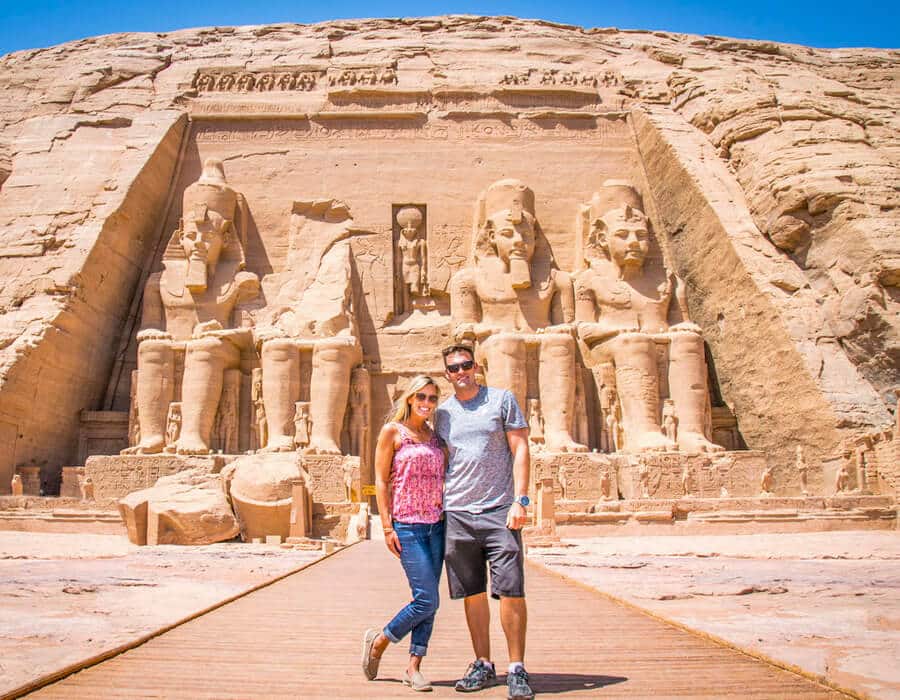
1- Trusting Official Guides and Services
When exploring Egypt, official guides are worth every penny. Licensed guides often wear badges and work through reputable agencies or hotels. They’re not only knowledgeable but also a buffer against hustlers at tourist sites. Avoid guides who approach you randomly near attractions—they might not be genuine. Stick to pre-arranged tours or book through trusted tour operator like Egypt Tours by Locals for a worry-free experience.
2- Using Technology to Verify Prices and Services
Your smartphone is your best travel companion! Apps like Uber or Careem ensure fair transportation prices, and XE Currency keeps you from getting shortchanged during purchases. For activities, platforms like TripAdvisor, Google Maps, or Facebook groups can reveal the going rate for services like camel rides or dinner cruises. Always cross-check reviews and compare prices before committing to anything. Scammers rarely thrive when you’re armed with real-time info.
3- Staying Connected with Other Travelers and Reviews
Travel communities are gold mines for insider tips. Join Facebook groups or browse forums like Reddit’s r/travel for advice specific to Egypt. Fellow travelers often share warnings about scams or recommend trusted vendors. Chatting with others at your hostel or hotel can also reveal recent experiences—good or bad. When in doubt, listen to those who’ve been there; their experiences are often more reliable than a vendor’s promises.
Additional Tips for a Smooth Trip
1- Be Respectful of Local Customs and Traditions
Egyptians are warm and welcoming, but respecting their traditions goes a long way in earning their trust. For instance, dress modestly when visiting mosques or rural areas—covering your shoulders and knees is a sign of respect. Be mindful of behaviors, like avoiding public displays of affection, and always ask permission before taking photos of locals or their property. A little cultural awareness can transform interactions into memorable moments of connection.
2- Learn Some Basic Arabic Phrases to Show Appreciation for the Culture
You don’t need to be fluent, but knowing a few words in Arabic can break the ice and even save you money! Simple phrases like “Shukran” (thank you), “La shukran” (no, thank you), and “Kam?” (how much?) show effort and respect. Vendors and locals often respond more positively when you engage in their language—it can even soften hard negotiation stances in markets!
3- Stay Calm and Patient, and Don’t Let Frustration Get the Better of You
Traveling in Egypt can be chaotic, with bustling markets, persistent sellers, and traffic that seems like it’s straight out of a video game. If you feel overwhelmed, take a deep breath and remind yourself it’s all part of the adventure. Losing your temper or showing frustration can escalate situations unnecessarily. A smile and calm demeanor often diffuse tension and make problem-solving smoother. Plus, patience helps you soak in the unique charm of the country.
Conclusion:
Egypt is a land of unparalleled beauty and history, and you deserve to experience it without unnecessary stress. By staying aware and informed, you can avoid common tourist traps and focus on soaking up the wonders of this incredible destination. Remember, preparation is key to making the most of your trip. Ready to dive into an adventure that’s safe, exciting, and scam-free? Start planning today and let Egypt’s magic captivate you!
Don’t miss to check:
